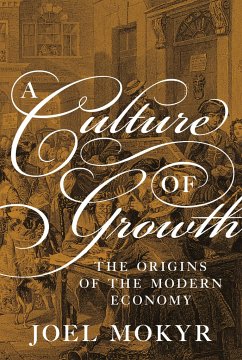
American Materialism
Versandkostenfrei!
Versandfertig in über 4 Wochen
22,99 €
inkl. MwSt.

PAYBACK Punkte
11 °P sammeln!
Despite good intentions, American government policies often fail. One major reason is that they are almost always predicated on the idea that the (only) way to change peoples' behavior is to change their economic circumstances. This kind of economic determinism was originally the product of Marxist thought. Practicing Marxists like Lenin and Mao, however, did not adopt this view in practice. They employed ideas, education and propaganda to achieve their ends. They were not in this way very good Marxists. But this was not the end of the notion of economic determinism. It has found a home in com...
Despite good intentions, American government policies often fail. One major reason is that they are almost always predicated on the idea that the (only) way to change peoples' behavior is to change their economic circumstances. This kind of economic determinism was originally the product of Marxist thought. Practicing Marxists like Lenin and Mao, however, did not adopt this view in practice. They employed ideas, education and propaganda to achieve their ends. They were not in this way very good Marxists. But this was not the end of the notion of economic determinism. It has found a home in commercial republics like America, especially those heavily influenced by progressivism. This book explains the ways American domestic and foreign policies, as well as intelligence assessments, are shaped by economic determinism. As such, their too-narrow view of the springs of human action often lead to policy failures. Too much is promised and too little is delivered.












